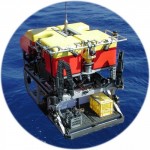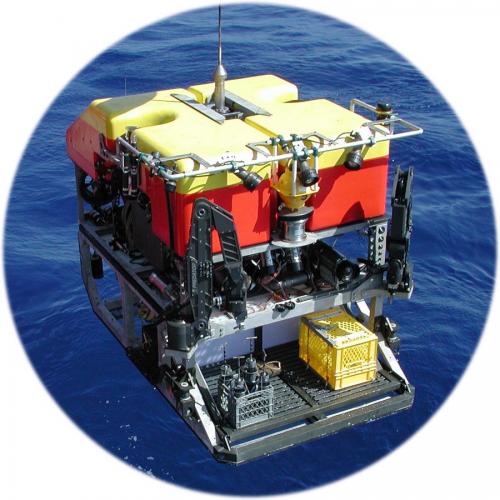The project
Ice-core records show that glacials had lower atmospheric pCO2 and cooler temperatures than today and that the last deglaciation was punctuated by large, abrupt millennial-scale climate events. Explaining the mechanism controlling these oscillations remains an outstanding
puzzle.
The ocean is a key player, and the Atlantic is particularly dynamic as it transports heat, carbon and nutrients across the equator. This project is a focused study of present and past ocean chemistry in the Equatorial Atlantic designed to address how the oceans modulate climate,
as well as assess the impact of ocean chemistry on fragile deep-sea ecosystems.
Despite decades of research there are distinct gaps in our knowledge of the history of the deep and intermediate ocean. Major hurdles include access to suitable archives, development of geochemical proxies and analyses that are sufficiently precise to test climate hypotheses. Through a combination of ship board field work, modern calibrations and cutting-edge geochemical analyses this project will produce samples and data that address each of these gaps.
A particular focus will be on using the skeletons of deep-sea corals. There have been no studies that attempt to match up co-located deep-sea coral, seawater and sediment samples in a single program, so this would be the first directed study of its type, and as such promises to provide a substantial step in quantifying the fluxes and transport of mass, heat and nutrients across the equator in the past.

